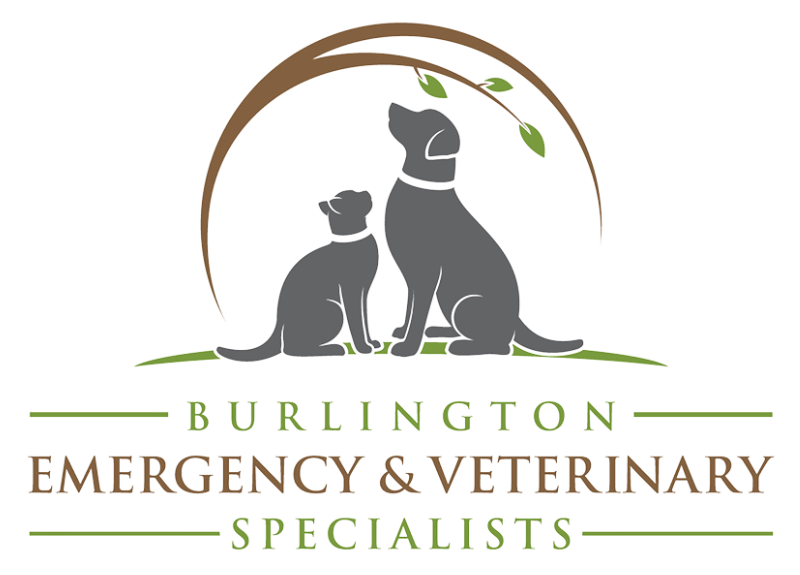First Aid Kit & Tips
A basic pet first-aid kit is an essential for every pet owners. Here’s a list of the supplies we recommend you have on hand to keep your pet safe and healthy. Be sure to pack an extra kit to keep in your car or to grab when you and your pet leave home, too!
A First Aid Kit for Your Pet: Are You Prepared?
- Saline: To flush out a wound that has dirt or debris in it.
- Triple Antibiotic Ointment: To treat minor scrapes and cuts and help prevent infection. Bacitracin and Neosporin are common antibiotic ointments available over the counter. Important: Don’t allow your pet to lick the ointment off the injury!
- Gauze and Vet Wrap: If your pet gets a cut that’s bleeding, it’s important to control it until you see your veterinarian. Place gauze over the wound, then apply a wrap to hold it in place. Vet wrap is a type of soft, stretchy wrap that sticks to itself but not to your pet’s fur. When wrapping, place a finger underneath the wrap to ensure you’re not wrapping too tightly.
- Fresh Hydrogen Peroxide: This liquid is to be used to induce vomiting if your pet ingests something toxic (not for cleaning a wound). However, ALWAYS consult with your veterinarian or a poison control center before giving your pet peroxide. In some cases, vomiting should NOT be induced (such as when a pet has ingested kerosene or certain other chemicals).
- Styptic Powder: This product helps blood to clot at the site of a small wound, such as torn toenails.
